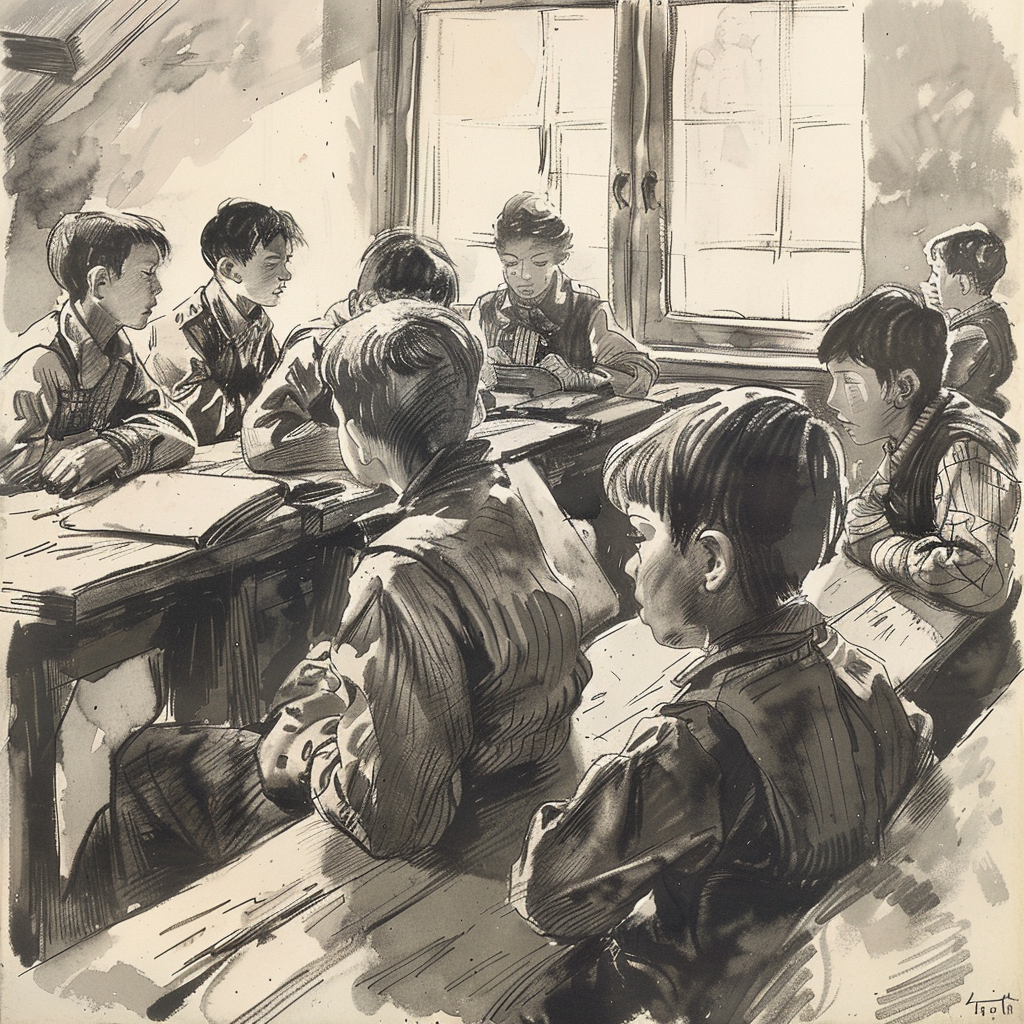The agricultural mini farms that emerged after the land reform were not nearly able to satisfy people’s hunger. Large and medium-sized farmers constantly had to serve to meet the fixed community target for grain, milk, meat, and potatoes.
This post has been moved. Please follow us on Medium to read and/or listen (!) to it in full.
The Bright Side of the Doom, a Prequel to 1984, The 18-Year-Old Who Wrote a Note and Disappeared is now available worldwide in bookstores as a hardcover, paperback, and e-book‼️
